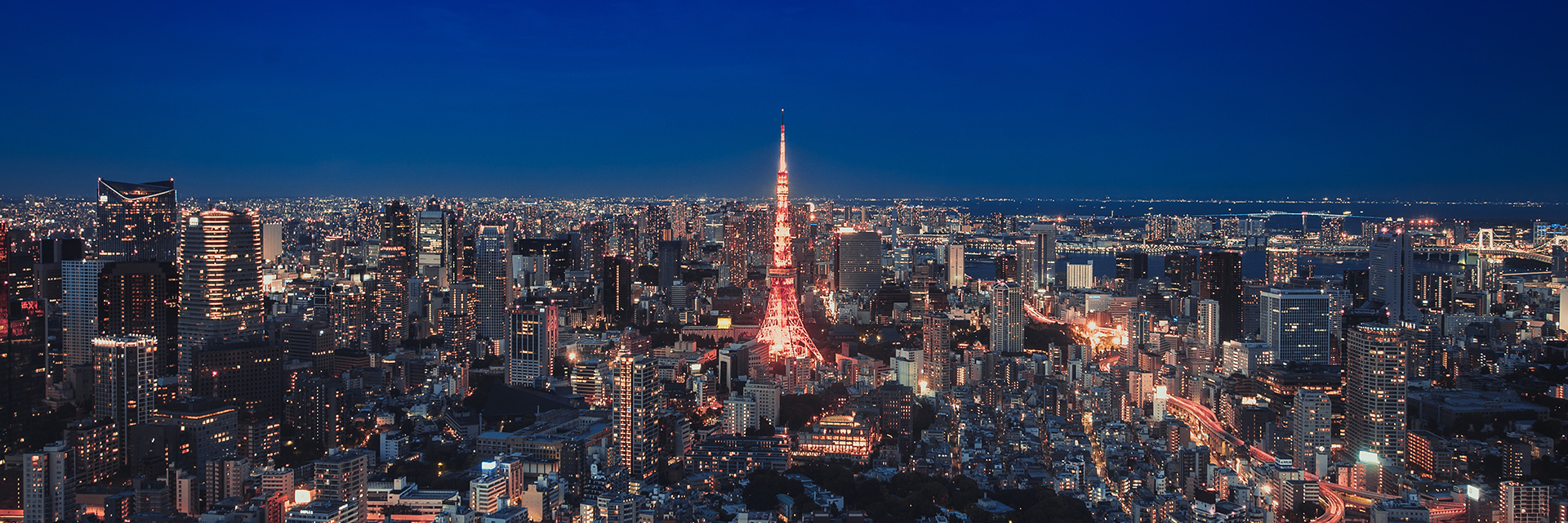The next Tokyo Smart City Studio will investigate Shinagawa and its surroundings at the Tokyo Bay waterfront area in the context of new maglev high-speed rail station area development, one of the biggest urban development projects in the City of Tokyo of the next decade. The super-high-speed maglev rail station will make Shinagawa the new gateway to Tokyo and will shorten the travel time between Tokyo and Kyoto to around 60 minutes. The new infrastructure will change the concept of space and time of inter-cities relations and will have a profound impact on the urban form, urban functions, and urban experiences of the city. The project aims to develop a smart urban setting to demonstrate how a smart community is designed, evaluated, and implemented in Japan by incorporating governmental agencies, stakeholders and communities, with focuses on urban design and modeling, urban analytics of big data, Internet of Things (IoT), smart home, smart mobility, eco urban performance evaluation, and green finance industry.
The Tokyo smart city project is an international joint effort between the Global Carbon Project (GCP), the National Institute for Environmental Studies of Japan, the Department of Urban Engineering of the University of Tokyo and the Eco Urban Lab of School of City and Regional Planning and School of Architecture at Georgia Tech. Tokyo as an urban laboratory provides a testbed of complex urban form, and agglomerations of physical, cultural, and technological systems. We expect students to participate in an international field trip to Tokyo for a workshop during the spring break in March 2020. The studio provides local accommodations during the international workshop supported by NIES, Japan. The arrangement is likely to be the same in 2020. Students should be prepared to pay for the rest, including international airfares, local transportation, and living expenses while in Tokyo and visas to enter Japan if it is required. OIE provides reasonable travel insurance as a part of Georgia Tech’s study abroad program.
This is an intensive six credit hour Urban Design studio. Students are encouraged to take relevant GIS and visualization courses in advance to prepare for the studio, a series of tutorials of visual and modeling techniques will be conducted in the first stage of the studio.
